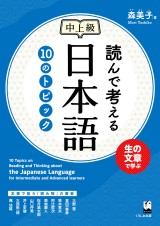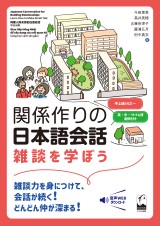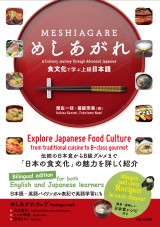- Intermediate
- Pre-Advanced
- Advanced
- Reading
- Conversation
- Presentation
- Activities
- English
Diving into Japanese Culture and Society through Food
Yuko Prefume/Akiko Murata/Hiroshi Tajima
- List Price
- 2,200 yen (tax included)
- ISBN
- 978-4-87424-944-4 C0081
- Release date
- Apr 25, 2023
- Size
- B5
- Pages
- 112
- Weight
- 270g
- Online Bookstore
- amazon rakuten Kinokuniya MaruzenJunkudo e-hon
An activity-based textbook that deepens students' understanding of Japanese society and culture while they learn Japanese through a variety of food-themed activities. English translation is included.
■From the Introduction
Many people are looking for effective ways to learn a foreign language, but I don't think there is a royal road. If there is one, it is to have the motivation to learn a foreign language because it is fun and you want to learn it. One of the most important factors to promote motivation is "Content-Based Instruction. Content-Based Instruction" is a method of developing language skills in the process of learning content (themes) of interest to the learner.
Food is one of the most appropriate themes to choose. This is because "food" is a basic activity indispensable for human life that everyone can relate to, and it is a very good theme for learning while having fun. Furthermore, as we pursue the theme of "food," we will be able to explore Japanese society from multiple perspectives, starting with ingredients and cooking methods, and connecting them to various social themes such as geography, culture, history, media, health, labor, education, and gender in a country.
This book is a Japanese language teaching material focusing on "food" and "society," created with this in mind. Each chapter starts with readings on "food," and then conducts a project to investigate and present various social phenomena and issues, and also provides an opportunity to think about the Sustainable Development Goals (SDGs) that are being addressed around the world as a developmental exercise. We also provide opportunities to think about the Sustainable Development Goals (SDGs), which are being addressed worldwide, as a developmental exercise.
We hope that by focusing on "food" as a content, we can introduce readers to the appeal of Japanese food, and by thinking about the relationship between food and Japanese society, and by comparing it to the food culture and society of the learner's own country, provide an opportunity to become aware of the issues and think about what they can do about them. We also hope that students will enjoy learning living Japanese through "food" and that they will be involved in solving social issues through "food".

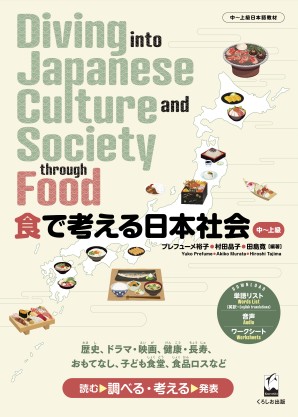


![身近なテーマで伝える! にほんご作文トレーニング[初中級(A2-B1)]](/COMMON/FILE/thumbnail.php?url=/BOOK_IMAGES/9784874249826.jpg&width=160)
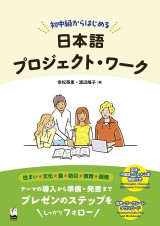
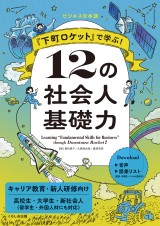
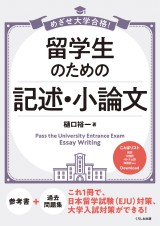
![おひさまワークブック[はじめのいっぽ]](/COMMON/FILE/thumbnail.php?url=/BOOK_IMAGES/9784874249116.jpg&width=160)
